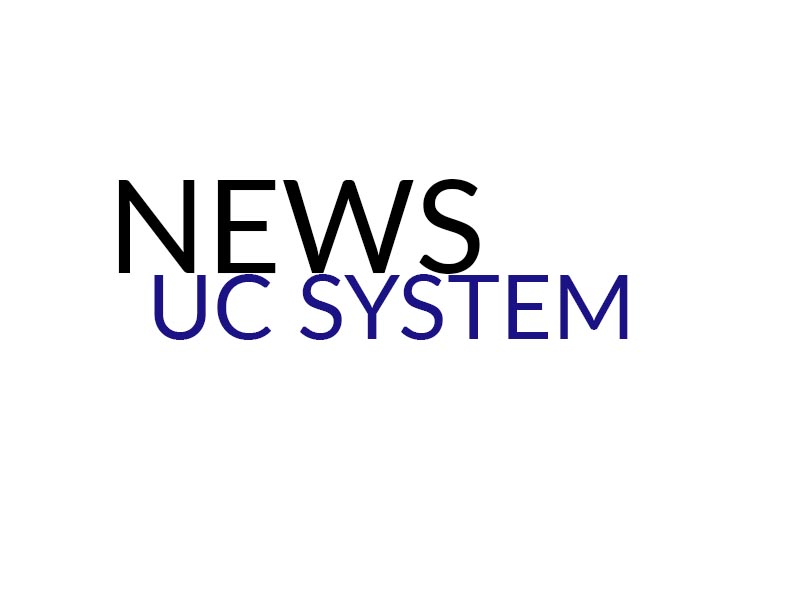The UC Board of Regents appealed San Diego Superior Court Judge Joel Pressman’s ruling earlier this month after the judge ruled that UCSD mishandled a sexual assault case this past summer.
The case involved two UCSD undergraduate students, referred to as John Doe and Jane Roe in court documents. Roe filed a sexual assault claim against Doe in June 2014 and a Student Conduct Review Panel initially ruled that Doe receive academic suspension for one quarter. After Doe appealed the decision, university provosts extended the term of his suspension to five quarters.
Pressman reversed the school’s suspension on the grounds that the university did not handle the lawsuit in a fair manner and that no explanation was given as to why Doe’s suspension was increased after sending in an appeal.
“While the Court respects the university’s determination to address sexual abuse and violence on its campus, after reviewing the Administrative Record, the Court finds that in this particularly case, the hearing against petitioner was unfair,” Pressman said at the July hearing.
The pair had consensual sex on the night of Jan. 31, according to the lawsuit. The next morning, Doe made unwanted sexual advancement towards Roe but stopped after hearing her protests. On Feb. 2, the two again had consensual sex in her apartment.
Four months later, Roe reported the Feb. 1 incident to the UCSD Office for the Prevention of Discrimination and Harassment. Following Roe’s report, UCSD investigators found Doe to be in violation of sexual misconduct.
Pressman’s ruling stems from the fact that Doe’s capacity to challenge his accuser was limited. Pressman stated that cross-examination was crucial in this instance and that Doe was only able to ask nine of 32 questions in his defense.
Moreover, Pressman stated that the investigators’ findings were not supported by substantial evidence that the sexual activity was not consensual.
Doe’s lawyer Mark Hathaway told the San Diego Union Tribune that he was unsurprised by the UC Regents decision to appeal Pressman’s ruling.
“I know there are significant legal issues that were raised in Judge Pressman’s decision that would apply statewide,” Hathaway said. “It’s not surprising they would want to appeal it.”
Hathaway added that his growing caseload regarding sexual assault among college students is representative of a shift toward more aggressive attempts to combat sexual assault at universities. He explained the the legal process is inconsistent across campuses, but generally favor the accusers over the accused, regardless of whether or not they committed a crime.
“Sometimes there’s [sic]no hearings, sometimes there’s a hearing,” Hathaway said. “I don’t think any college, and certainly not the University of California, based on Judge Pressman’s ruling, has gotten it right yet. Some do a better job than others, but the deck right now is stacked against someone who is accused. It’s very difficult to prove yourself innocent.”
According to Hathaway, one reason for the shift is because of a Department of Education letter sent to universities in 2011 that encouraged them to thoroughly investigate sexual violence claims or risk losing federal funding.
Although the appeal by the UC Regents is still being processed, Doe has been allowed to continue his studies in the fall.








